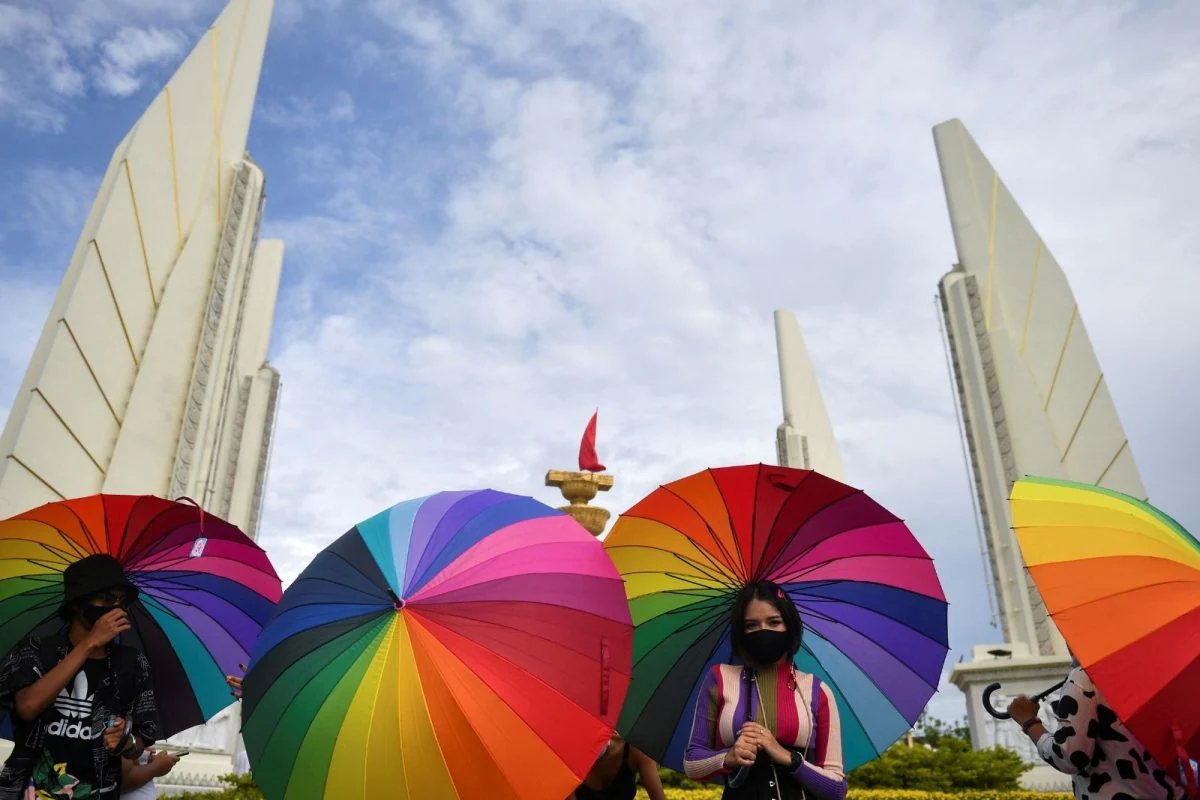4007
0
The pandemic will cost world tourism two trillion dollars this year
The new coronavirus pandemic in 2021 will cost world tourism two trillion USD of lost revenue, which is similar to last year.

Yazar: Tom Roberts
Yayınlanma: 29 Kasım 2021 21:08
Güncellenme: 2 Mart 2026 16:23
The pandemic will cost world tourism two trillion dollars this year
The new coronavirus pandemic in 2021 will cost world tourism two trillion USD (1.77 trillion euros) of lost revenue, which is similar to last year. The United Nations-based World Tourism Organization (UNWTO) said Monday that the sector's recovery is still "fragile" and "slow". The UNWTO has released its forecast at a time when Europe is facing a sharp rise in new cases of Covid-19 and a new mutated variant of omicron is beginning to spread rapidly around the world. According to the organization, international tourist arrivals will remain 70 to 75 percent lower this year than the 1.5 billion arrivals recorded in 2019, the last year before the pandemic broke out. This is a similar decline as in 2020, the UNWTO said. The global tourism sector lost $ 2 trillion in revenue as a result of the pandemic last year, making it one of the sectors hardest hit by the health crisis. Although the organization in charge of promoting tourism does not have an estimate of the sector's performance next year, it noted that its medium-term outlook is not encouraging. "Despite recent improvements, uneven vaccination rates around the world and new coronavirus strains, such as the delta and omicron variants, could affect the already slow and fragile recovery," the statement said. The imposition of new restrictions and blockades in several countries in recent weeks shows how "the situation is very unpredictable," said UNWTO chief Zurab Pololikashvili. "It is a historic crisis in tourism, but tourism has the power to recover relatively quickly," he added ahead of the annual WTO General Assembly in Madrid on Tuesday. "I really hope that 2022 will be much better than 2021," he added. In addition to virus-related travel restrictions, the tourism industry is facing economic pressures this year as a result of a pandemic, such as soaring oil prices and supply chain problems, the UNWTO has warned. Pololikashvili called on countries to harmonize their viral protocols and restrictions because tourists "are confused and do not know how to travel."İLGİLİ HABERLER





European stocks soared and focus shifted to German retail sales after Powell's speech!

Forex Signal For TRY/USD: Inflation Slowdown in November.

Forex Signal For GBP/USD: Bullish Trend Still Not Breaking While Recovery Continues.

Forex Signal For EUR/USD: Starry US Data Points to Higher Fed Increases.

Forex Signal For BTC/USD: Downside Continues as Bitcoin Recovery Moves Less.
En Popüler Haberler
Yorum Yap
Yorumlar
Henüz yorum yapan yok! İlk yorumu siz yapın...